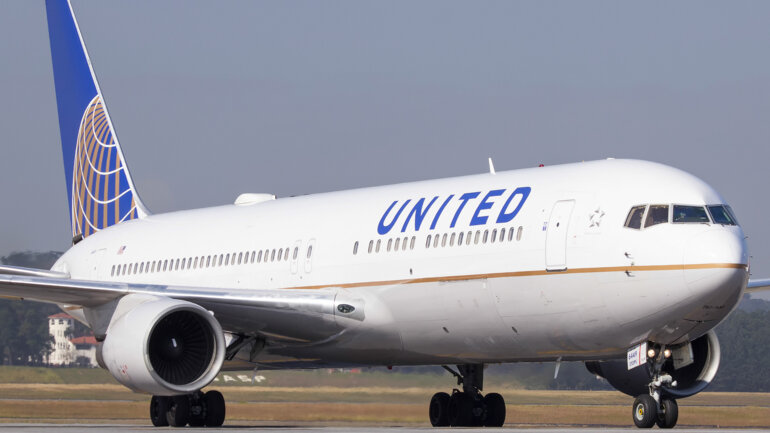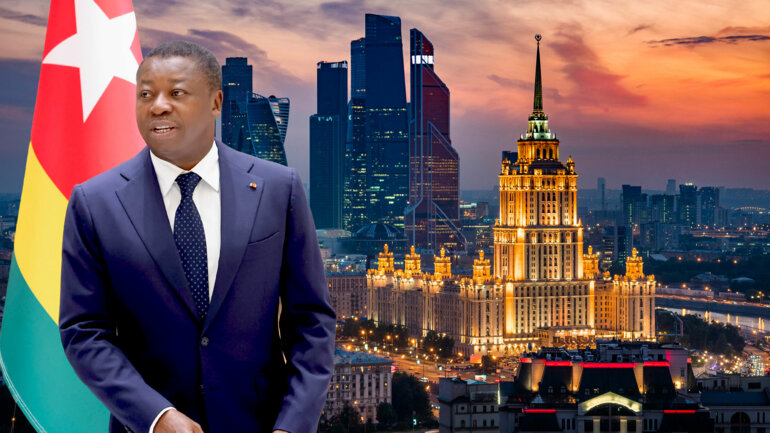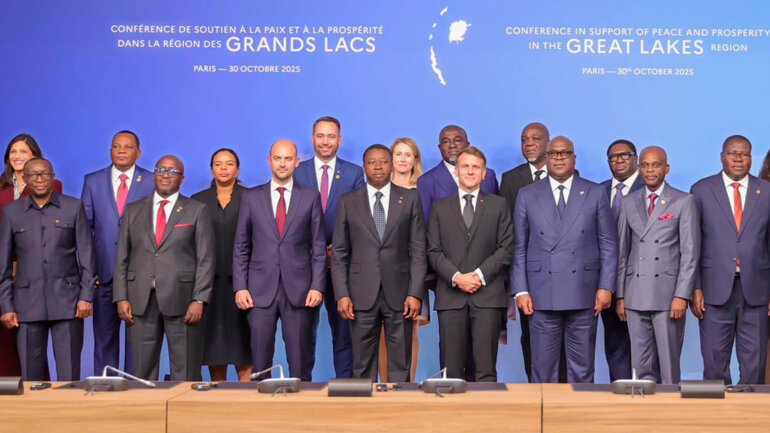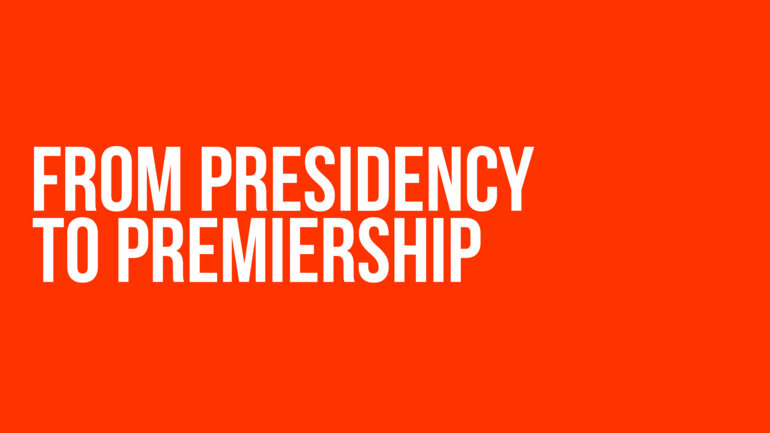
- Diplomatie

The following statement was issued in Lomé on December 12, 2007 by Mr. Christian Mumssen, the IMF's mission chief for Togo:
"An IMF mission visited Lomé during November 27-December 11, 2007, to assess the progress achieved under the Staff-Monitored Program (SMP) and negotiate an economic reform program with Togo that could be supported by a three-year arrangement under the Fund's Poverty Reduction and Growth Facility (PRGF)1. The mission had constructive discussions with the President of the Republic, His Excellency Faure Gnassingbé; the House Speaker, Mr. Abass Bonfoh; the Prime minister, Mr. Komlan Mally; the Minister of Finance, Adji O.Ayassor; the National Director of Central Bank of Western African States (BCEAO), Mr. Ayewanou Gbéasor, and other members of the cabinet and senior officials. The mission also held fruitful discussions with members of the donor community and civil society. The IMF mission was organized jointly with missions from the World Bank and the African Development Bank (AfDB)."The mission found that performance under the SMP was good, and all fiscal objectives were met. Administrative reforms in the tax and customs administrations have boosted fiscal revenues, and expenditures were kept broadly in line with the budget envelope. This has allowed a reduction in the fiscal deficit and the repayment of domestic arrears, including payment by the government of Société Togolaise des Cotons (SOTOCO) arrears to cotton farmers. Togo's economy has recovered moderately, partly reflecting good climatic conditions for agriculture, growing regional trade, and a recovery in the cotton sector. However, continued power shortages remain a severe drag on the economy. Inflation has remained subdued, despite rapid money and credit growth.
"The mission welcomed the government's medium-term reform program to revive economic growth and improve living standards, specified in Togo's Interim Poverty Reduction and Growth Strategy (I-PRSP). The strategy includes important reforms to (i) strengthen public finances, including by balancing domestic revenues and expenditures and reducing government debt; (ii) reform state-owned enterprises in cotton and phosphate; (iii) rehabilitate energy and road infrastructure; (iv) strengthen the banking sector; (v) improve the investment climate to foster private sector growth; and (vi) expand access to health and education. Reengagement with the international community will be critical to support the implementation of the strategy through technical assistance, donor financing, and external debt relief.
"The mission and the authorities agreed that the 2008 budget should be very prudent, giving priority to spending on education, health, energy, transport, and restructuring of public banks and enterprises. Implementing the budget will require continued efforts to strengthen fiscal governance, especially expenditure management and budget execution monitoring. Other near-term priorities are to strengthen the financial sector by improving governance and recapitalizing state-owned banks and to find a solution for clearing Togo's large arrears to multilateral creditors. A government program that addresses these priorities and includes the reforms set out in the I-PRSP could provide the basis for a possible future PRGF arrangement, which in turn would pave the way for comprehensive debt relief under the Highly Indebted Poor Countries Initiative and the Multilateral Debt Relief Initiative.
"The staff team would like to thank the authorities for their hospitality and for the close collaboration and constructive policy dialogue".





